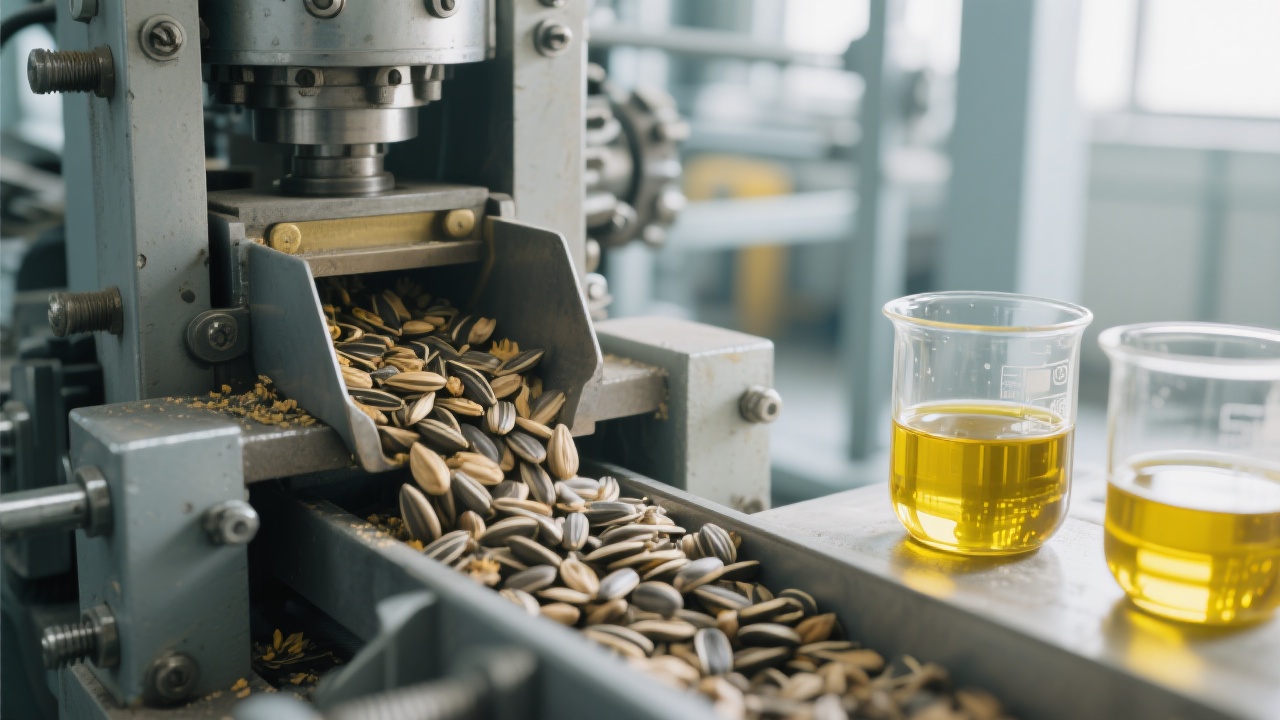
In the palm oil industry, choosing the right press isn’t just about buying equipment—it’s about securing consistent yield, minimizing downtime, and maximizing ROI. For SMEs with tight margins, this decision can make or break profitability.
Many small producers fall into the trap of selecting low-cost presses that promise high output but fail under real-world conditions. In our experience across Southeast Asia and West Africa, over 60% of such machines require major repairs within 12 months due to poor material quality or outdated technology.
That’s why we recommend focusing on three pillars: process efficiency (cold-hot pressing), durability (304 stainless steel), and component reliability (international-grade motors, gears).
This dual-stage method boosts extraction rates significantly compared to single-press systems. Here's how it works:
| Stage | Process | Typical Yield Increase |
|---|---|---|
| Cold Press | Initial pressing at ambient temp to preserve oil quality | ~25–30% |
| Hot Press | Second pass at controlled heat (~70°C) for maximum oil recovery | +15–20% more |
| Total | Combined Process | ≥45% yield |
This is not theoretical—we’ve seen actual results from farms in Indonesia where yields rose from 38% to 47% after switching to cold-hot press systems.

Corrosion resistance is critical when handling wet palm fruit bunches. Cheap carbon steel parts rust quickly—even in humid climates—leading to frequent replacements and contamination risks.
Our clients report that units made with 304 stainless steel last 2–3x longer than alternatives, especially in tropical environments like Malaysia and Nigeria.
“We used a cheaper press for two years—it broke down every month. After switching to your cold-hot system, we saved €12,000 annually in maintenance and saw higher oil purity.”
— Maria Lopez, Owner, FarmTech Agro Ltd., Spain
We don’t sell one-size-fits-all. Whether you’re a small farm processing 5 tons/day or a food manufacturer needing batch consistency, our team designs lines tailored to your capacity, power supply, and local regulations.
All equipment meets ISO 22000 and HACCP standards—critical for export markets like the EU and GCC.
Pro Tip: Before finalizing any purchase, ask suppliers: “What’s your average uptime per year?” If they can’t provide data, walk away. Reliable machines should run >90% of the time.
Let every euro invested translate into measurable returns—not just promises.
Get Your Free Equipment Comparison Checklist
